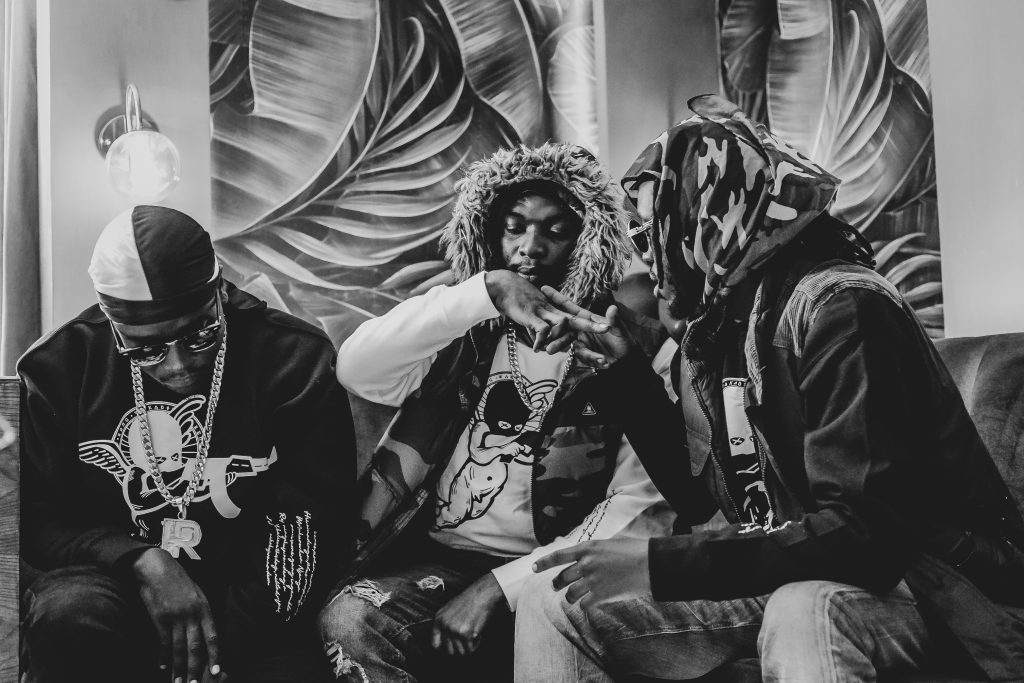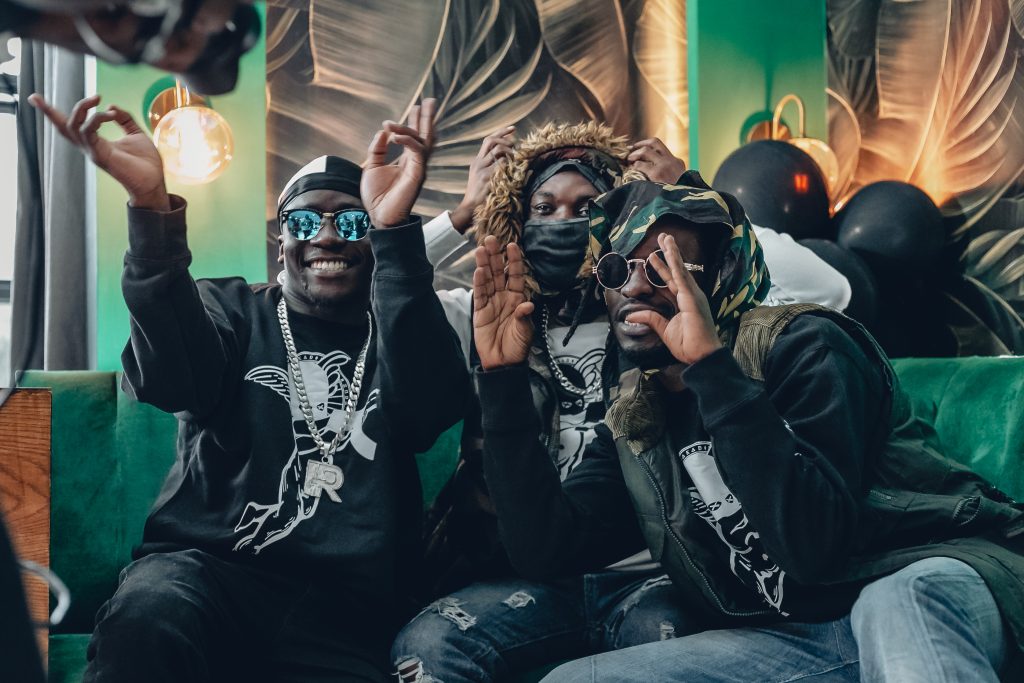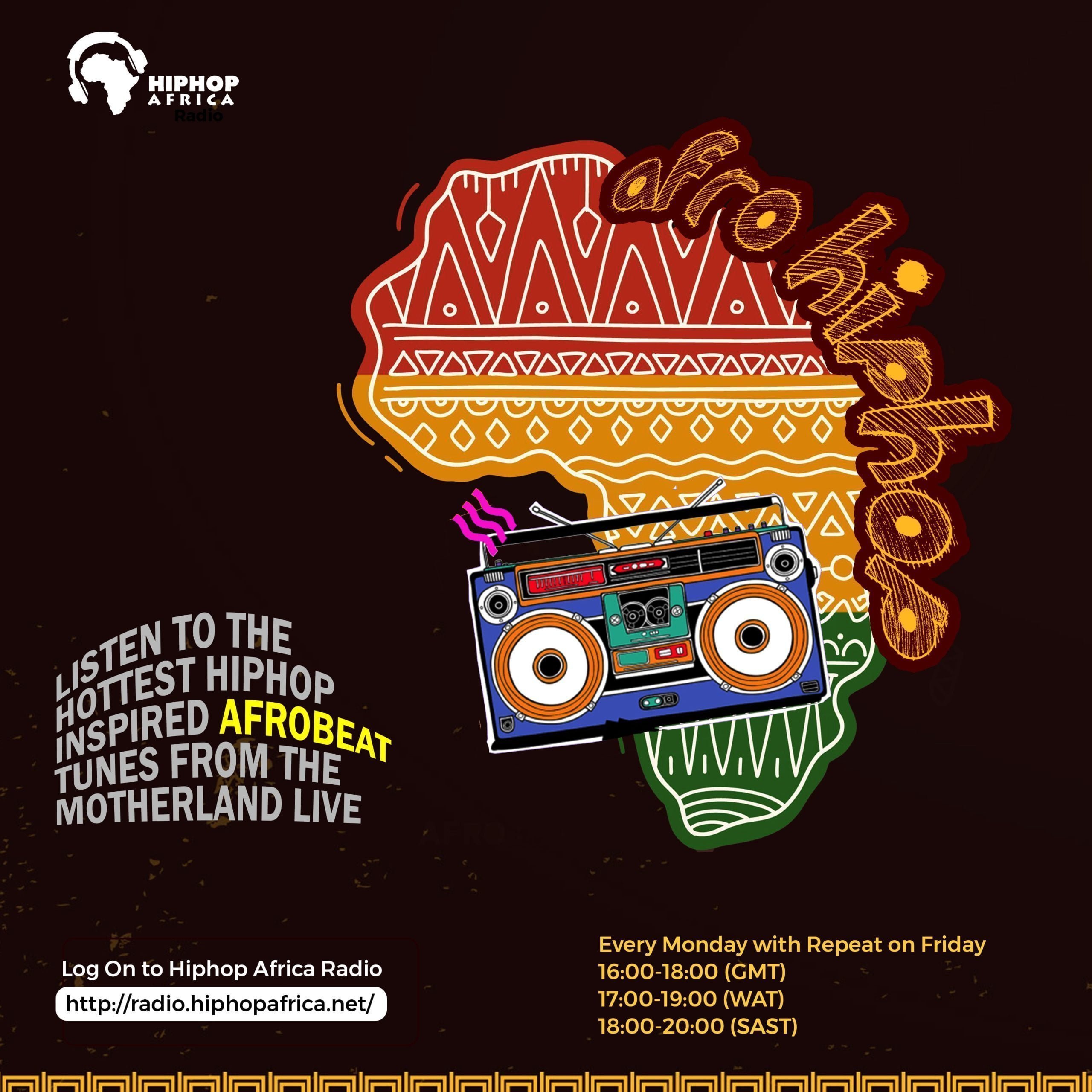Have you ever heard a song and experienced a moment of the five Ws all at the same time? Who sanctioned this collabo? What made them do this song? When did this happen? Where exactly did this idea stem from? And most importantly, why this collabo? Well, I experienced that when Wakadinali dropped “Maprosoo” featuring Suzanna Owiyo
SONG CREDITS: Powered by Vibelab and Zozanation, the track was produced by HouseofDillie, audio recorded by BigbeatsAfriq, and the visuals directed and edited by Theblackjurist.
Ladies and gentlemen, in the track Maproso, two generational entities of the Kenyan music industry came together to create a song that I play to my grandchildren with tears in my eyes. Wakadinali need introduction but if this is your first rodeo, allow me to educate you a tad bit. Wakadinali is a Kenyan rap trio encompassing Domani Munga (Ramadhan Munga), Scar Mkadinali (Churchil Mandela), and Sewersyda (Salim “slim” Tangut).I don’t intend to indulge in their history and chemistry; I already did that here.
The original song was composed and performed by Mlasi Kasule.
Wakadinali pride themselves on versatility and uniqueness that have not been experienced in the East African hip-hop rap scene. This point is solidified by partnering with Suzanna Owiyo, a legendary Kenyan artist who blends traditional Kenyan music with borrowings from western sound, blending in to create timeless music. Ask any Kenyan, and they know at least a dozen Suzanna Owiyo bangers. She is a once-generation artist, so much so that for decades, no one has been able to replicate or threaten to replace her talents; the only artist drawing probable comparison would be Akoth Jumadi.
The wow factor, as it has always been with most songs in Wakadinali’s catalogue, was Domani Munga singing. This has only been witnessed a few times, including his solo track featuring SirBwoy, “Blow Me Kisses.”.

In “Maprosoo,” he embraces the beat with his unique voice, and his singing style elevates the song in ways even the original composer, Mlasi Kasule, would be proud of. His part being the opener of the song eases the listener to the song in a calming way. You can feel it is not the usual grime-rated Wakadinali style. Munga Ramadhani is responsible for a big percentage of their hit songs, which is said without intention to take away credit from Scar and Sewersydda.
Suzanna Owiyo takes over the singing from Domani Munga in her usual unique style, singing in Dholuo in such a splendid way that I pretend to understand. In all honesty, I have no idea what she is saying, but it is so seamless that my brain can sing it word for word. After every rap stint, she acts as the break from Wakadinali, transcending the listener to a different world, harmonies in the background taking you on a journey to Kassaye village in Nyakach near the lakeside city of Kisumu, where she was born.
A three-headed goat, Wakadinali, forms a thrice divided Yin, Yan, and Yen; if such a thing even exists, actually it doesn’t. I just created it for the purpose of this article.

I say this because Sewersydda completely changes the preset trajectory of the song by Suzanna Owiyo to his own style of rap, the tangut style. Somewhere in there he says, “In the beginning, God created Eve to deceive me,” a biblical allusion to the betrayal at the Garden of Eden. The icing on the cake is when Suzanna Owiyo takes over Sewersydda with her melodic vocals singing “Mapenzi Dwaro respect, Mapenzi Dwaro assurance,” which loosely translates to love needs respect and love needs assurance.
Scar Makadinali oils the song as the last verseman, every pun intended. His unique style of rap completes the puzzle of the song, with his usual controversial lines. At one point he says, “Nangoja maembe iive, wengine wanaikula mbichi na chumvi”, This line can mean insane things in the Kenyan/Nairobi context.Being a popular saying in Kenya, this is most likely it’s most probable intended meaning; again, I might be wrong. “Maembe” in this context being “girls,” “Kula maembe na chumvi” being sleeping with underage girls. Wakadinali hail from Eastlands, specifically Umoja; they always rap and create awareness of their environment. That said, teenage pregnancies are a common thing in Eastlands; hence, we need to raise awareness on that. In another line, Scar mkadinali says, “usiniambie shida zako zote ni juu ya dem ana duri.” Duri is the sheng word for posterior; he advises young men not to just riddle themselves with problems caused by women.
Churchill Mandela is the sing-along master, and in this spectacular masterpiece, he did not disappoint. He even infuses some lingala double entredre when he says, “mambo ya goshodo sidai, nliamua bolingo ni ya ngai.” Now class, please sit down and get this: in Sheng lingo, goshodo is a lady, bolingo means the male genitalia, and ngai is a vernacular (kikuyu) word for God. However in Lingala Bolingo means love, and ngai means me. This line in lingala would mean I don’t want women’s love; I have decided my love is for me,” but in Kenyanese it means “I don’t want women’s love; I have decided my love is for God.” Scar is a lyrical master.
When all is said and done, this song is a 10/10.


